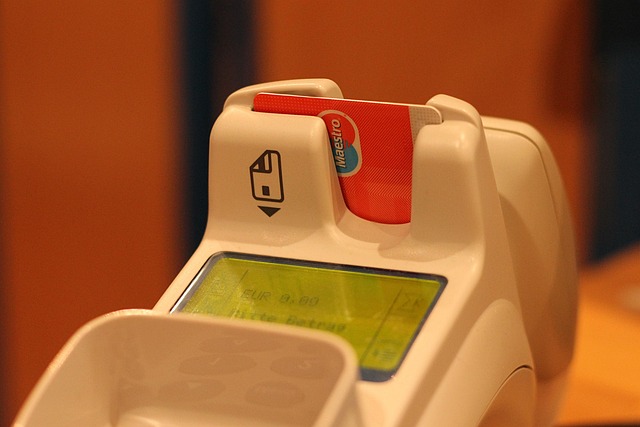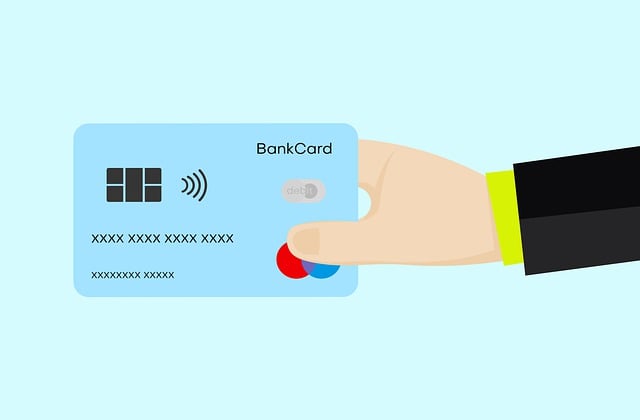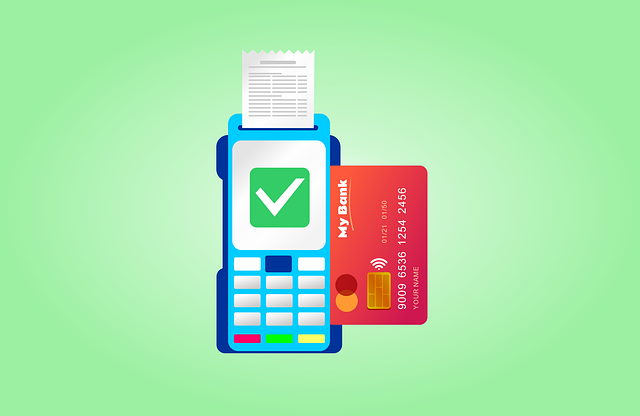In real estate, timely bill payments are essential for building strong relationships between owners, tenants, and service providers, fostering a harmonious ecosystem that drives prosperous transactions. Efficient payment management through technology, clear communication, and strategic practices not only ensures financial stability but also enhances tenant satisfaction and trust. A solid financial reputation, demonstrated by consistent on-time payments, is crucial for accessing better loan terms, improving credit access, and strengthening relationships with businesses, thereby navigating complex property ownership costs effectively.
In the dynamic realm of real estate, timely bill payments aren’t just financial transactions; they’re a cornerstone of professional reputation and business continuity. This article explores the profound impact of prompt payments in real estate deals, offering strategic insights for effective management. From enhancing creditworthiness to fostering strong client relationships, understanding the value of punctuality is key to navigating the competitive landscape of the industry. Let’s delve into how this simple practice contributes to a solid financial reputation.
Understanding the Impact of Timely Payments in Real Estate Transactions

In the realm of real estate, timely bill payments play a pivotal role in fostering strong relationships between property owners, tenants, and service providers alike. When individuals or businesses involved in a real estate transaction make payments promptly, it creates a positive ripple effect. This not only ensures that essential services like utilities, maintenance, and repairs are maintained without disruption but also enhances the overall reputation of all parties involved.
Delve into any real estate deal, and you’ll often find that timely bill settlements serve as a strong indicator of reliability and financial responsibility. This is particularly crucial for tenants who aim to maintain good standing with their landlords and for property managers who rely on consistent cash flow to manage assets effectively. By embracing punctual payments, every participant in the real estate ecosystem contributes to a harmonious and prosperous transaction environment.
Strategies for Effective Bill Payment Management in Real Estate

In the realm of real estate, effective bill payment management is a cornerstone of financial stability and tenant satisfaction. Property managers and landlords can significantly enhance their operations by implementing strategic practices that streamline bill payments. One key strategy involves leveraging technology to automate payment processes, ensuring timely remittances and reducing administrative burdens. Online payment portals and mobile apps offer tenants convenient options, fostering a seamless experience.
Additionally, establishing clear communication channels is vital. Regular updates on due dates, late fees, and the option for early payments can empower tenants to manage their finances effectively. Real Estate professionals who prioritize efficient bill payment systems build trust and maintain positive relationships with residents, contributing to a thriving rental community.
Building a Solid Financial Reputation: The Role of Prompt Bill Payments

In the realm of real estate, establishing a solid financial reputation is as crucial as maintaining a desirable property. Prompt bill payments play a pivotal role in this journey. When individuals consistently settle their bills on time, it sends a positive signal to lenders, businesses, and potential partners. This behavior indicates financial responsibility and reliability, two factors that are highly valued in the competitive real estate market.
Building such a reputation can open doors to better loan terms, easier access to credit, and increased credibility with service providers. Moreover, timely payments demonstrate an individual’s ability to manage their finances effectively, which is essential for navigating the often complex financial landscape of property ownership. This includes not just mortgage payments but also utility bills, maintenance costs, and insurance premiums.






